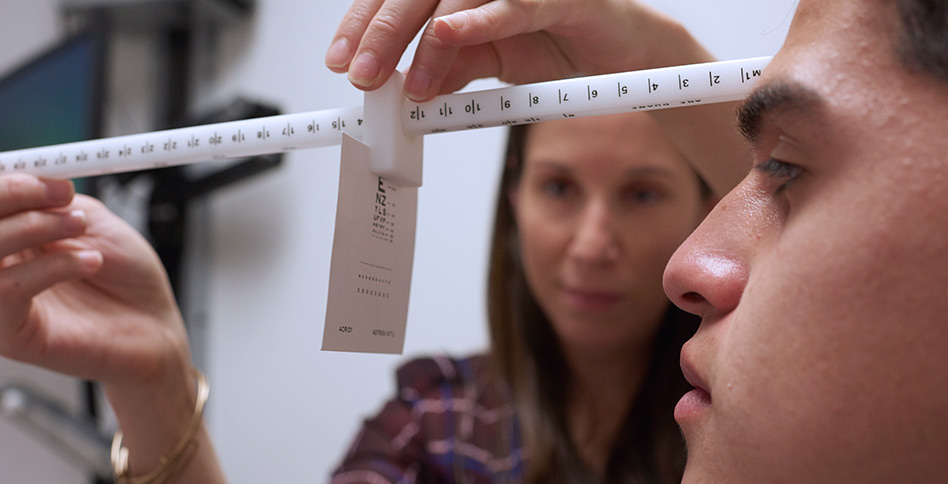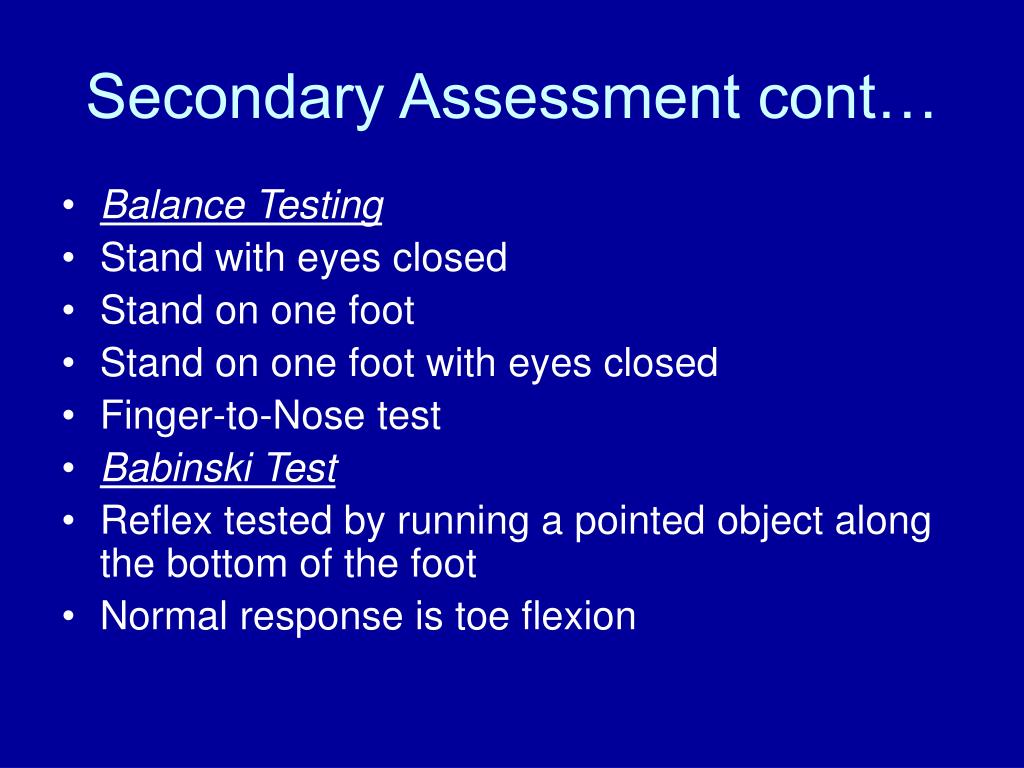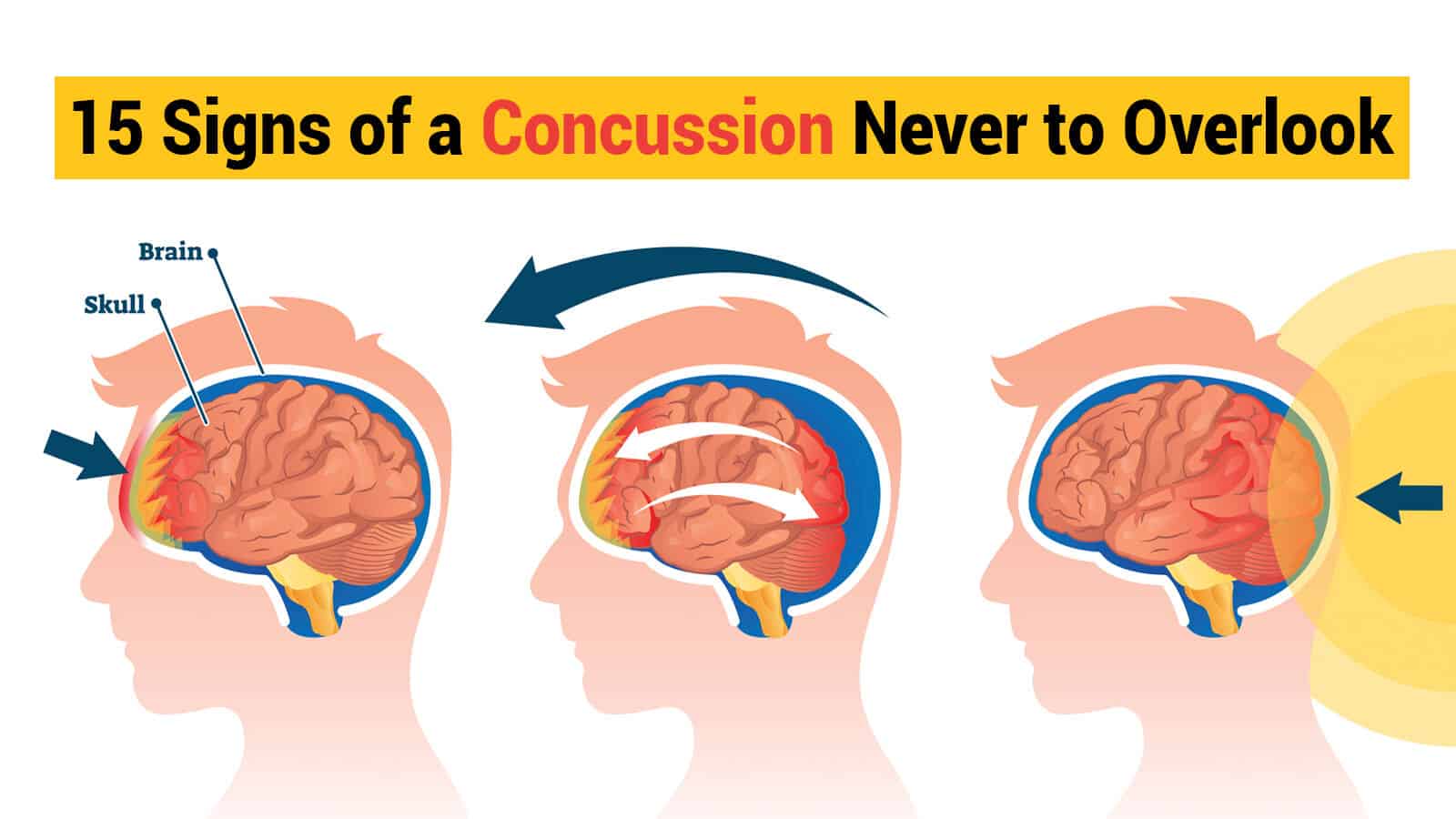

If concussion testing shows that a head injury has caused a concussion, the treatment is physical and mental rest to help the brain heal.

CONCUSSION PUPIL TEST PROFESSIONAL
To collect a blood sample, a health care professional inserts a small needle into a vein in your arm and collects a small amount of blood into a test tube or vial. The test checks a blood sample for certain proteins that may show up in the bloodstream after a mild concussion. In certain cases, your provider may order a blood test to help decide if a brain scan is needed to check for a more serious injury.

So, it's important to keep watching for signs and symptoms of a concussion for a day or two after a head injury. But sometimes, they don't show up for hours or days. That's because it's possible to have a concussion and not even know it.Ĭoncussion symptoms usually show up soon after a head injury. Testing may be necessary even if you think the injury isn't serious. You may need concussion testing if you have had a head injury or a blow to the body that jolts your head. These tests are sometimes called "sideline assessments." They are not a substitute for a medical examination after a blow to the head. Some concussion tests are designed for sports coaches or trainers to use with athletes of all ages who have hurt their heads playing sports. But a CT or MRI scan of the brain may be done if there are signs of a more serious brain injury, such as bleeding in the brain. So, these tests usually aren't needed to diagnose a concussion. A provider often does these tests as part of a physical exam.Ī concussion will not show up on imaging tests that take pictures of the brain. These tests check balance, muscle coordination, and other physical abilities. How well your nervous system is working.These tests are often done on a computer or on paper. This includes testing memory, problem solving, and other brain functions. How well your brain processes information.All concussion tests have scoring systems that help show how much an injury has affected the brain. Some tests have special versions for children. They usually include questionnaires that you fill out and tests of mental and physical abilities. There are many types of concussion tests that health care providers use to help diagnose concussions. Without proper rest, recovery from a concussion may take longer. The main treatment is physical and mental rest. With treatment most people feel better in a couple weeks.

The symptoms of a concussion are usually temporary. Symptoms are different for each person, but often include headaches, problems with memory, and changes in how a person thinks, acts, feels, and sleeps. But some signs and symptoms usually show up right away after the injury and others may appear hours or days later. Most people don't lose consciousness when they have a concussion. And it can stretch and damage brain cells.Įven though a concussion is a "mild" brain injury, it can seriously affect the brain. This jolting movement can create chemical changes in the brain. It may also happen if a hit to the body causes the head and brain to move rapidly back and forth. It can be caused by a bump or blow to the head. A concussion is also called a mild traumatic brain injury (mTBI).Ī concussion happens when sudden movement causes the brain to bounce around or twist inside the skull. Concussion tests can help find out if an adult or child has had a concussion after a head injury.


 0 kommentar(er)
0 kommentar(er)
